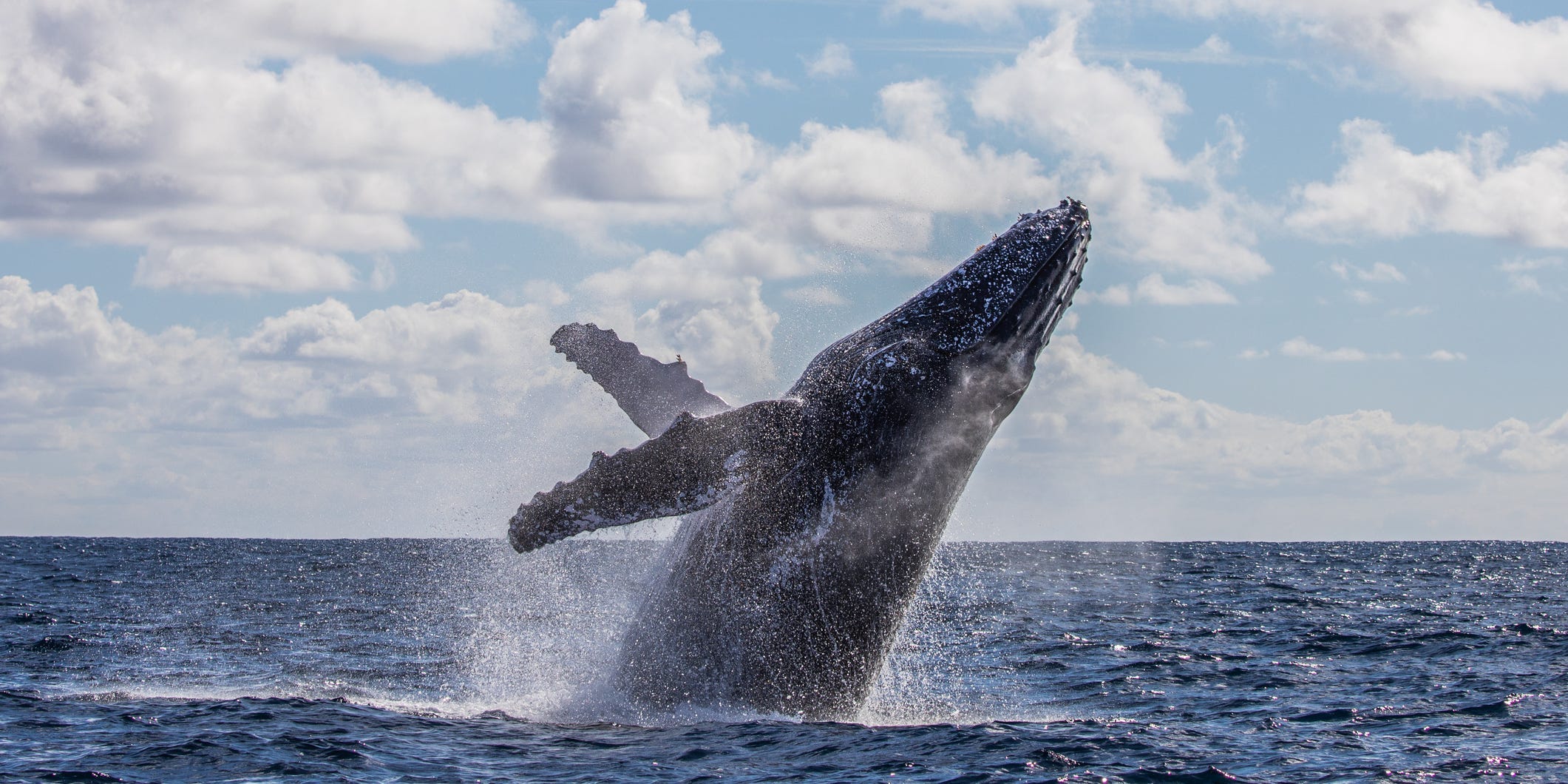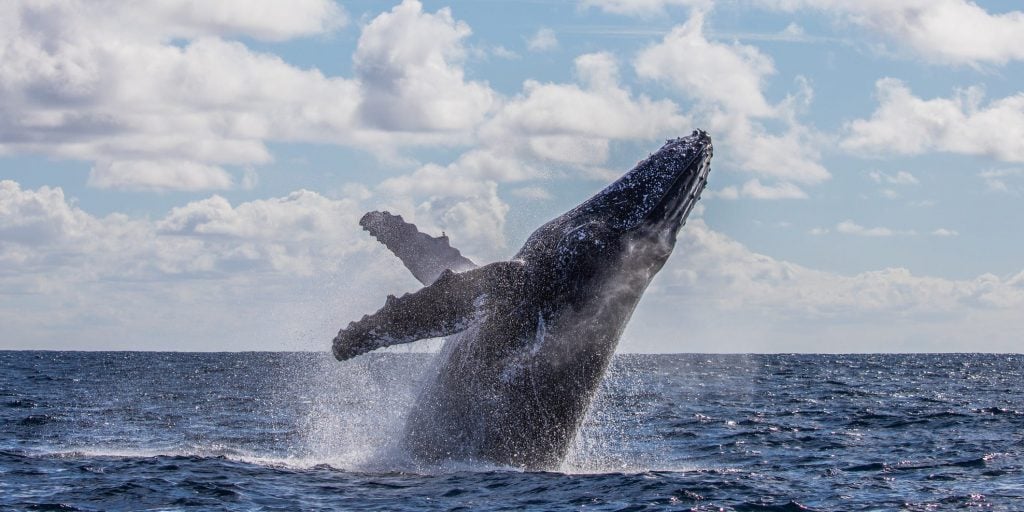
- The story behind the world's largest dogecoin holder may be less fun than social media investors and Elon Musk fans would like.
- A dogecoin core developer told Insider it's likely the so-called whale address belongs to a crypto exchange.
- However, it's impossible to truly verify the owner of the whale address until they come forward.
- Sign up here for our daily newsletter, 10 Things Before the Opening Bell.
The story behind the world's largest dogecoin holder may be less fun than social media investors and Elon Musk fans would like.
Ever since dogecoin's rally this year, news outlets (including Insider) and investors have been pondering who could be behind the $12 billion dogecoin address DH5yaieqoZN36fDVciNyRueRGvGLR3mr7L. It's accumulated 36.7 billion dogecoins since 2019 and holds about 28% of overall dogecoin supply.
While it's fun to speculate that the address belongs to a single individual who has been surreptitiously accumulating billions of dollars of the meme currency, it's more likely that the address is associated with a cryptocurrency exchange, said Patrick Lodder, a dogecoin core developer.
As for the funny additions to the address, like the addition of 420.69 dogecoins to the account on Tuesday, Lodder said those are likely just jokesters sending relatively small amounts of dogecoin to the well-known whale address for fun.
Lodder, who has worked on doge since 2014, clarified that anyone can send doge to a publicly listed address, so money coming into an address is never really a "clue" into the address' identity unless it's a very large increase.
"These are all jokers, that probably has nothing to do with the operator of the wallet, that's just people having fun," he said of the 420.69 addition, and of the additions of 28.061971 dogecoins three separate times, which reference Elon Musk's birthday on June 28, 1971.
The whale address has accumulated over $12 billion of doge and very infrequently sells. The last time any doge left the wallet was a sale of 100 million coins in April 2021, the only such transaction of 2021.
CoinDesk's head of research told Insider this dormant activity could mean the whale is not, in fact, an exchange, and simply an individual. But Lodder said it's possible this type of activity means the address is a cold storage wallet for an exchange. An exchange that custodies a lot of doge likely won't keep it on the server, but will offload its holdings into a safer offline storage like a cold wallet. That could also help explain why there's been plenty of additions to the address but not a lot of selling.
"This looks like somebody getting a lot of money into custody and putting that into a cold storage wallet so that it's more secure," Lodder told Insider.
He later said in a follow-up email: "While it is fun to speculate about the ownership of wallets, the only way to be 100% sure of who owns what is when the owner comes forward with (cryptographic) proof. Even if you know everything there is to know about blockchain, there's always a chance that you come to a wrong conclusion without this proof, so I'd warn everyone to be careful when publishing assumptions."
People have published plenty of assumptions in online forums about who the address could belong to. One account on Reddit hypothesizes that this whale address could be one of Robinhood's many dogecoin addresses. The user traces on-chain data and hypothesizes that the address is one of Robinhood's cold storage wallets.
Despite the Reddit post receiving 4,000 upvotes, there's still a swath of people who speculate the wallet could belong to the "dogefather" himself, Elon Musk.
Lodder said that it's highly unlikely the account is a single person, but the best way to clear the air would be for the owner to step forward and claim the address. However, this would be risky considering how much money is in the account.
Like many cryptocurrencies, dogecoin is decentralized. The absence of a central authority is at the heart of crypto's mission. It makes the asset more secure and less vulnerable to the whims of a single entity, but it also allows for rumours and speculation about the coin to sometimes go unchecked.
Those rumors can be potentially dangerous to a cryptocurrency like doge and it's loyal investors, said Lodder. Speculation that there's a whale could cause people to panic-sell in expectation that the whale is going to dump all of their doge, he added.
He said ultimately if the address did belong to an exchange, it would be beneficial to the dogecoin community if the exchange came forward. Most cryptocurrency exchanges don't disclose their addresses for dogecoin or any other various cryptos.
"It would be helpful for the dogecoin community, not even just doge but all crypto, if there was a good way to either independently verify that the books of a custodial exchange are in order, or to have an audit report from a professional firm that does the audit and certifies that everything is fine," said Lodder.
He concluded: "That's a part of compliance that we're not truly seeing in crypto too often."

